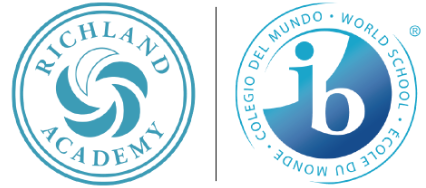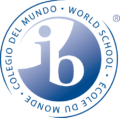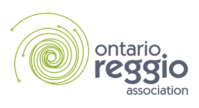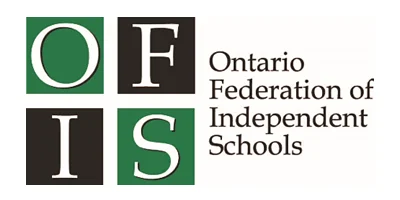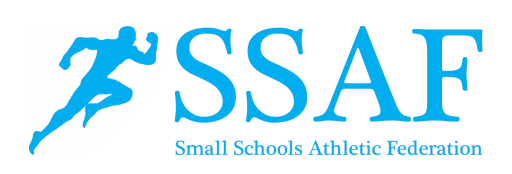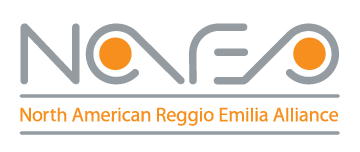Last week Mrs. Oliveira shared a most interesting posting with me. I thought that I should do justice to this most important article, and that you as well, could take the poignant findings into consideration. I have taken the liberty to paraphrase, but give credit to the author Kristin Phillips.
‘Inquiry’ has become the new ‘buzz word’ in education. As Ms. Phillips suggests, “I don’t go to a single meeting where it isn’t mentioned.” Phillips further states, “I hear a lot of schools say, “We’re doing inquiry.” As the author shares, and I wholeheartedly agree, inquiry is not a thing that we do, or an add on or something that we do some of the time. Inquiry is a way of engaging our children in the learning process. It is “A belief system that guides our teaching practice, that influences our planning, provides our students with a voice, and that promotes critical thinking.” Furthermore, sometimes what we are engaged in requires us to revert into a more traditional mode or way of teaching, learning and thinking.
As the author shares, and I wholeheartedly agree, inquiry is not a thing that we do, or an add on or something that we do some of the time. Inquiry is a way of engaging our children in the learning process. It is “A belief system that guides our teaching practice, that influences our planning, provides our students with a voice, and that promotes critical thinking.” Furthermore, sometimes what we are engaged in requires us to revert into a more traditional mode or way of teaching, learning and thinking. Phillips shares that, “If we really want to take an inquiry-based approach to learning, we have to believe certain things about how people learn.”
Phillips shares that, “If we really want to take an inquiry-based approach to learning, we have to believe certain things about how people learn.”
- We need to believe that given the right conditions and support, great things are possible from all of the children.
- “She/he believed she could, so she/he did.” (Colette LeMason)
- It is important to learning that we think, talk, reflect, try things out, assess and try again. Our Richland inquiry model just does that, as we explore our Big Ideas and Essential Questions from breadth and depth.
- Knowledge builds upon itself. The importance of scaffolding the learning and thinking are key elements that we practice in JK. What we already know, ‘new knowledge’, theories and where we are going next guides us in our work.
- We need to believe that students like to be challenged. As a Reggio inspired school, we believe that children are competent and capable and most interested in the research about finding out more about what you know.
We need to believe that learning is about thinking, not about knowing. The process far exceeds the product.  “What children want is to be observed while engaged. They do not want the focus of the observation to be on the final product. When we as adults are able to see the children in the process, it’s as if we are opening a window and getting a fresh view of things.” (Loris Malaguzzi)
“What children want is to be observed while engaged. They do not want the focus of the observation to be on the final product. When we as adults are able to see the children in the process, it’s as if we are opening a window and getting a fresh view of things.” (Loris Malaguzzi) As we delve deeper and deeply into inquiry, we assuredly learn a lot about our students and ourselves. Here at Richland, we have ‘taken the stance’ and have decided to invest fully into inquiry learning and thinking.
As we delve deeper and deeply into inquiry, we assuredly learn a lot about our students and ourselves. Here at Richland, we have ‘taken the stance’ and have decided to invest fully into inquiry learning and thinking.  Inquiry makes us think about how we engage in the learning with our children; how learn from what we know, make connections, reflect upon our work and how we can ignite each child’s inner passion for learning.
Inquiry makes us think about how we engage in the learning with our children; how learn from what we know, make connections, reflect upon our work and how we can ignite each child’s inner passion for learning.  “Pay attention to and respect the process of learning and value the inquiry process with and for children and teachers. Learners need time to explore, listen, think, talk, observe, reflect and react.” (Karen Haigh)
“Pay attention to and respect the process of learning and value the inquiry process with and for children and teachers. Learners need time to explore, listen, think, talk, observe, reflect and react.” (Karen Haigh)

